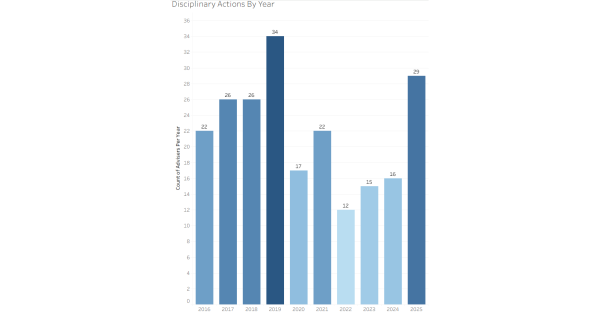AMP Board can ensure BOLR issue is consigned to history

EDITORIAL
The board and executive of AMP Limited is very different to that which controlled the company when the decisions were made around changing Buyer of Last Resort (BOLR) contract arrangements in 2018.
As well, the financial advice profession and the structure of AMP’s financial planning business has changed substantially over the past five years.
Today AMP Limited is a much smaller business made up of a bank, a platform business, a superannuation master trust and a wealth management division the latter of which is struggling to even reach break-even.
It must also be assumed that AMP, quite sensibly, provisioned for the possibility of a loss in the class action brought by financial advisers over the BOLR changes.
Given all of the above, and the reputational damage the company has already sustained, it would seem to make little sense for AMP to pursue an appeal against the decision brought down in the Federal Court by Justice Moshinsky.
It is clear from the evidence outlined in Moshinsky’s judgement that the board and executive of AMP Limited was spooked by both the Royal Commission and the Financial Adviser Standards and Ethics Authority (FASEA) regime and that they feared a “BOLR run”. On that basis, they sought to make changes to the BOLR contracts.
What is also clear is that, five years later, BOLR type arrangements are a thing of the past in financial planning largely because the commercial models of the major licensees have changed in line with the legislative and regulatory realities within which they must now operate.
The board of AMP can decide to appeal or it has an opportunity to cauterise the BOLR issue and leave the past in the past.











Given the arrogance of AMP throughout this BOLR situation I would personally be surprised if they have made any provisions. My two additional hopes are that AMP ends up a relic of the past and David Akers loses his job at KPMG.